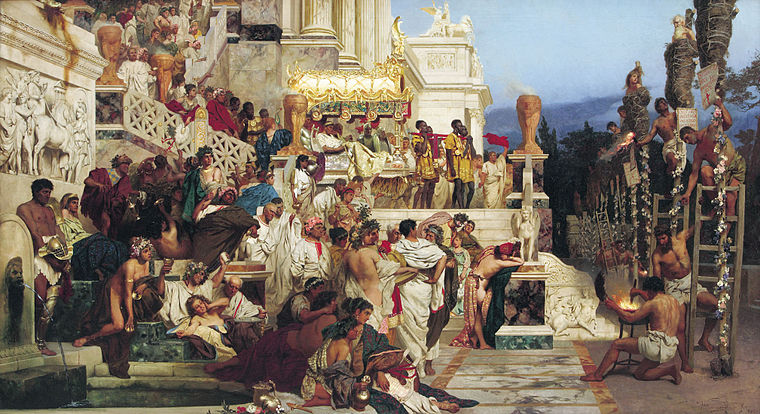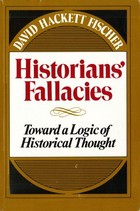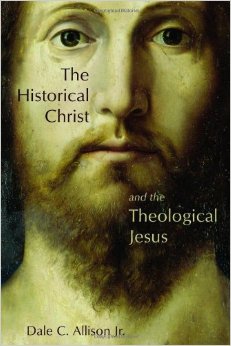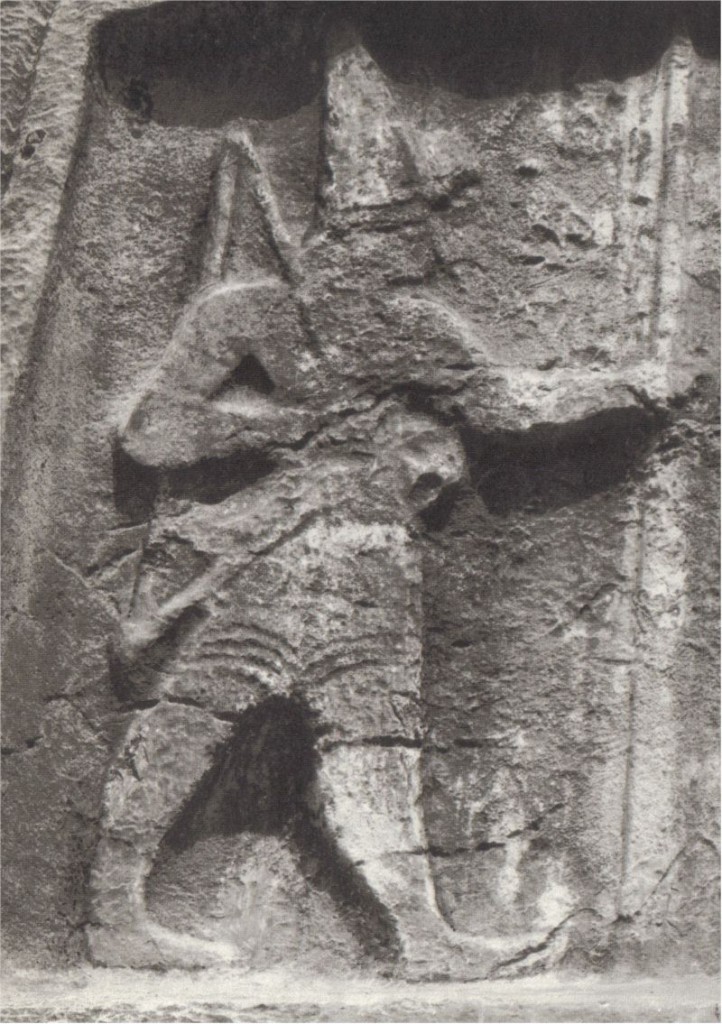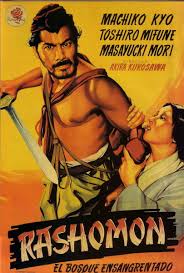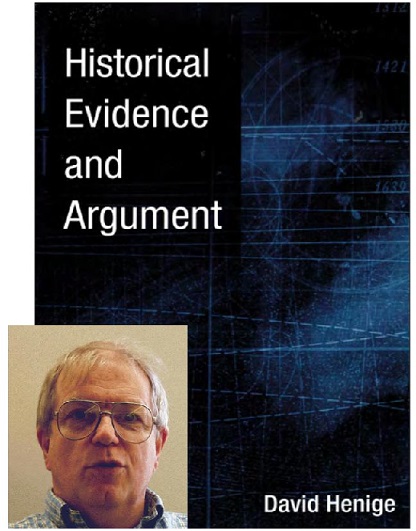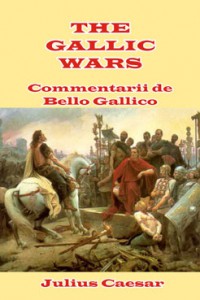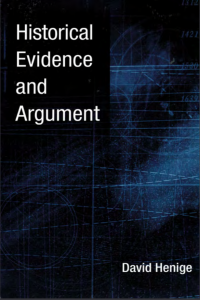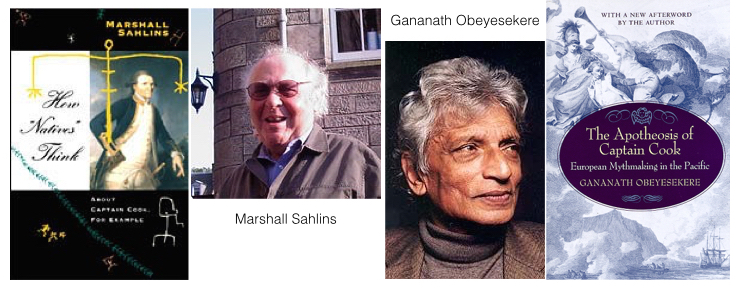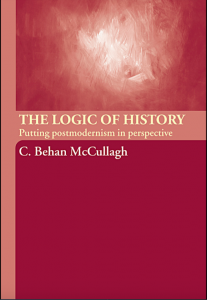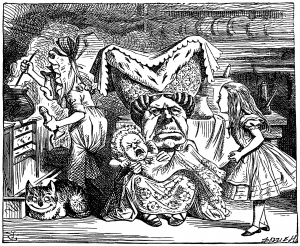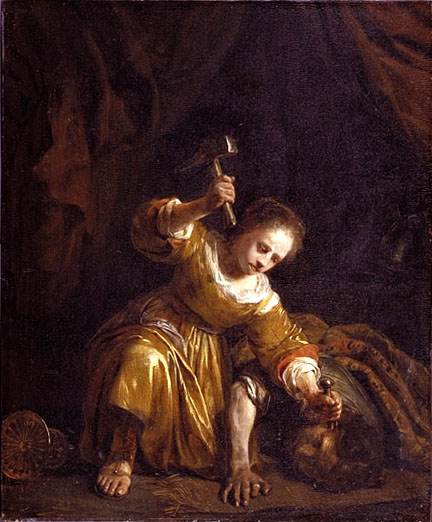
The Song of Deborah in the fifth chapter of Judges, according to most scholars, contains some of the oldest material in the Hebrew Bible. However, Serge Frolov in a journal article and an online post notes several clues that should make us suspect that it’s a later work retrojected into the past. For example, he writes:
Another clue is what the text says, intentionally or unintentionally, about the author’s world. The U.S. Constitution was clearly written for a country that practiced slavery. Deborah’s song just as clearly has a monarchic political state in mind. It addresses “kings” and “potentates”; describes those who answered her battle cry as “princes,” “holders of the marshal’s staff,” and “lawgivers”; and portrays Sisera’s mother as a royal figure, complete with “princesses” waiting on her. Archaeology tells us that ancient Israel first became a monarchy in the 10th or perhaps even the ninth century B.C.E. Before that, its population simply had no concept of such aristocratic titles as “prince” for Israelites. (Frolov, 2016)
Given the linguistic content of the material, then, it would appear that someone perhaps even as late as the Babylonian Exile may have written the song in an archaic form of Hebrew as a deliberate affectation.
In any case, my interest at the moment is not so much the song itself, along with its lurid details and grotesque schadenfreude concerning Jael crushing Sisera’s skull (which is apparently an irresistible subject for artists), as its unexpected use in a particular event in British Colonial American history.
Just what are you guys doing over there?
Many of the Separatist Congregationalists who left England in the early 17th century tried making a go of it in Holland but eventually came to the conclusion that living among the Dutch presented the temptation of too much freedom. Nor were they happy with the prospect of their children assimilating culturally into a non-English society. The decision to leave Holland and sail to a new, wild continent had little to do with the religious freedom of the individual, but everything to do with the religious liberty and solidarity of the group. Within their new, ideal community, they would stay focused on what they believed to be important and would bind themselves together via a legal compact.
Ostensibly, though, this self-enforced deportation from Mother England would be temporary. Their example may, they reasoned, serve as an object lesson on how free and pious people should live together. Of course, the Separatists represented a small percentage of Puritan dissenters; most had decided to remain and resist. Michael Kammen, in his essay entitled “Some Patterns and Meanings of Memory Distortion in American History” says: Continue reading “The Memory Mavens, Part 9: Social Memory Distortion (1)”

